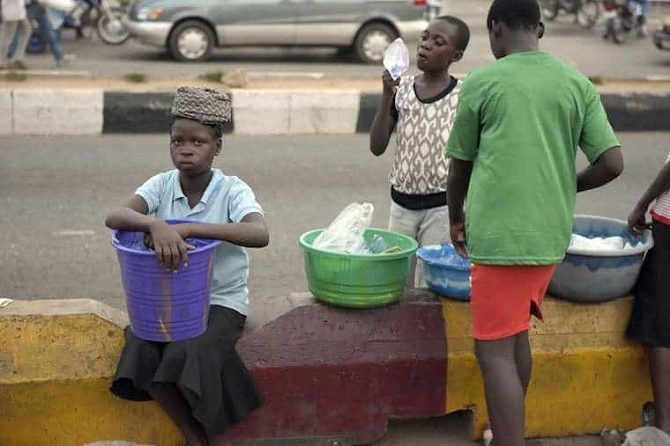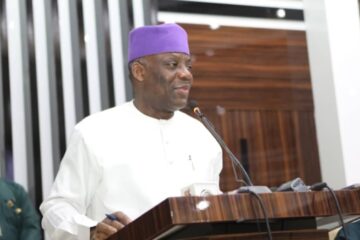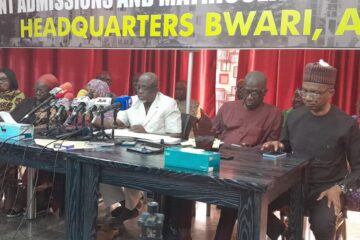North’s out-of-school children population time bomb – Minister

The Minister of State for Education, Yusuf Sununu, yesterday described the number of out-of-school children, especially in northern Nigeria, as a time bomb that must be addressed.
He spoke at the 2023 Bauchi Education Summit held at Dr Saad Abubakar Hajj Camp, Bauchi, with the theme: ‘Nurturing a flourishing future: Improving access and quality education in Bauchi State’.
The United Nations Children’s Fund (UNICEF) had recently said one in three children in Nigeria was out of school, totalling 10.2 million at the primary level and 8.1 million at the junior secondary school (JSS) level.
The governor of Kaduna State, Uba Sani, had, in October while meeting with senior citizens and elders in the state on the activities of his administration, put the number of out-of-school children in the state at 680,000.
Similarly, the governor of Gombe State, Inuwa Yahaya, had, at the sideline of the 78th session of the United Nations General Assembly in September, said his state had over 500,000 out-of-school children as of 2019 and that the number had risen to over 600,000.
The Sultan of Sokoto, Muhammad Sa’ad Abubakar III, had, in 2019, said parents of out-of-school children should face the full wrath of law for refusing to send their children to school.
Speaking at the Sultan Maccido Institute, Sokoto, in an event organised by the Sultanate Council to mark the international Day of Girl-child, Sultan had stressed that Islam was not against girl-child education. The minister yesterday said the rising figure of out-of-school children in Nigeria, particularly in the North, is not only unacceptable, but disheartening.
The minister said there must be concerted efforts to address and reverse the trend.
He said the federal government had taken steps to address the challenge with the newly established National Commission for Almajiri and Out-of-School Children, which is set to commence activities. He added that the commission would address issues and develop mechanisms for the integration of Tsangaya/Madarasa schools into Basic Education.
He said his ministry recently developed a road map captioned ‘Education for Renewed Hope’, a document that is aligned with the eight-point agenda of President Bola Tinubu.
He solicited the support and cooperation of Ulamas and proprietors of such schools as well as the sub-national level to come forward with similar agencies backed by state laws to serve the same purpose. He added that the move would facilitate better collaborations and synergy in addressing issues of out-of-school children and grant the Tsangaya schools the recognition and status they deserve.
He added that the challenges confronting the education sector could only be addressed by the efforts of all stakeholders.
Sununu commended Governor Bala Mohammed of Bauchi State for showing dedication and serious commitment towards improving the standard and quality of education in the state.
In his remarks, the governor said the summit centered on effectively addressing the issues unique to the state. He noted that the objective of the summit was to conduct a comprehensive assessment of the state of education in Bauchi, including the number of out-of-school children, their demographics, and the impact on education due to various challenges.
He added, “To convene all stakeholders, government officials, educators, parents, civil society organisations, and development partners to collaboratively address the state’s education challenges. To develop evidence-based programmes, policies and strategies towards addressing the challenges and strengthening our capacities and existing efforts.
“The summit will explore avenues for mobilising financial and human resources to support educational programmes and projects within the state; to devise innovative strategies for creating conducive learning environments, including repairing and revitalising schools.
“To actively involve all stakeholders, local and external, by increasing awareness and mobilising their support in our efforts to enhance the education sector in Bauchi State. To develop, discuss and implement specific interventions and initiatives tailored to address Bauchi State’s unique education challenges.”










